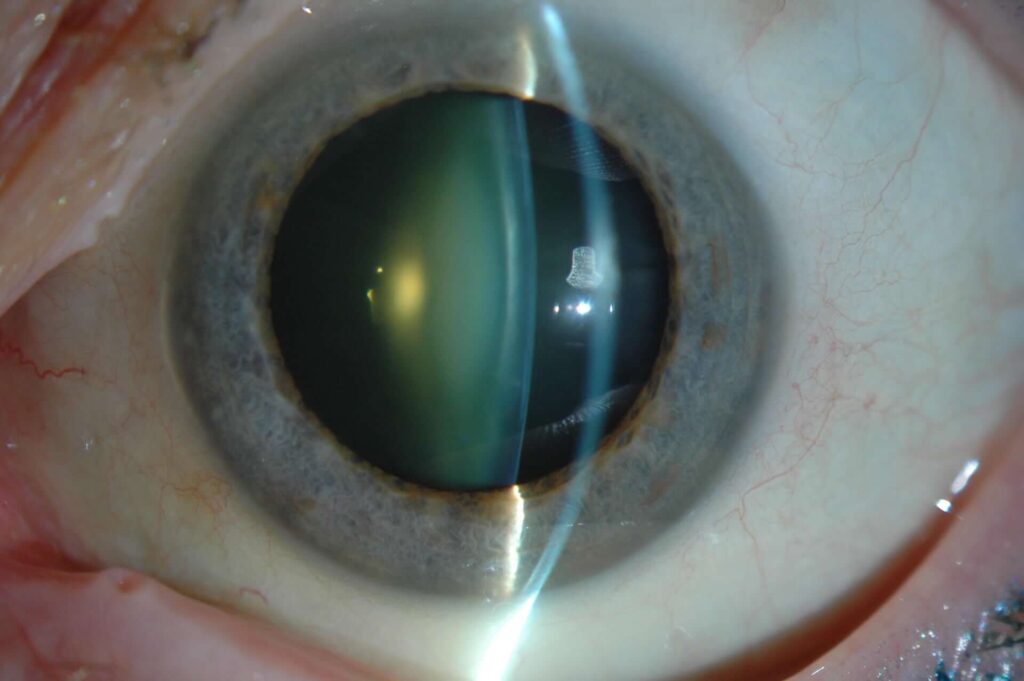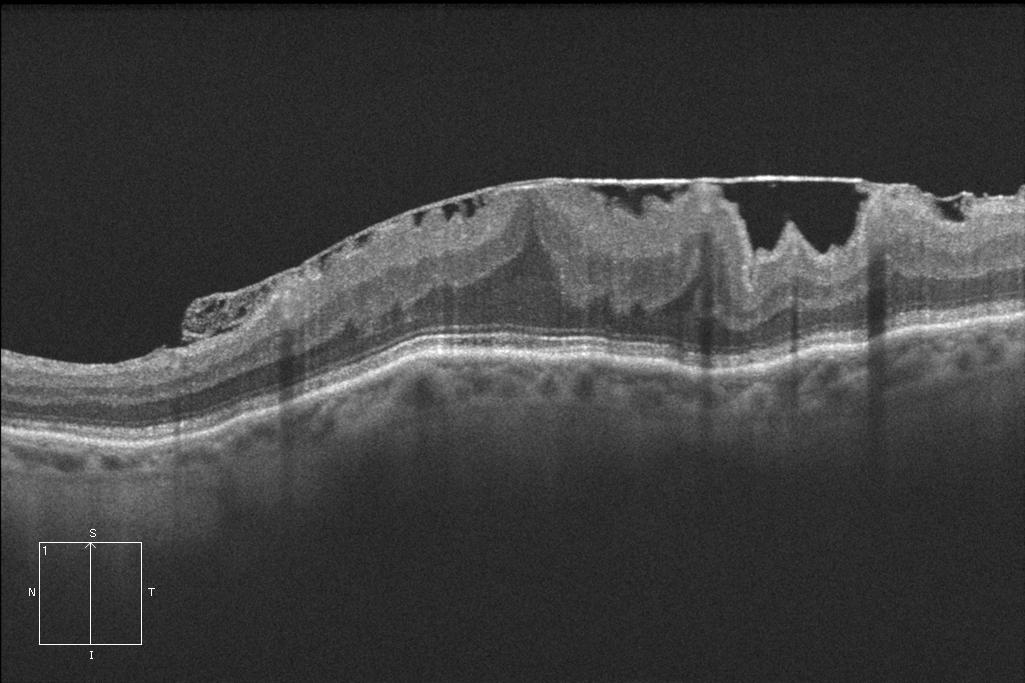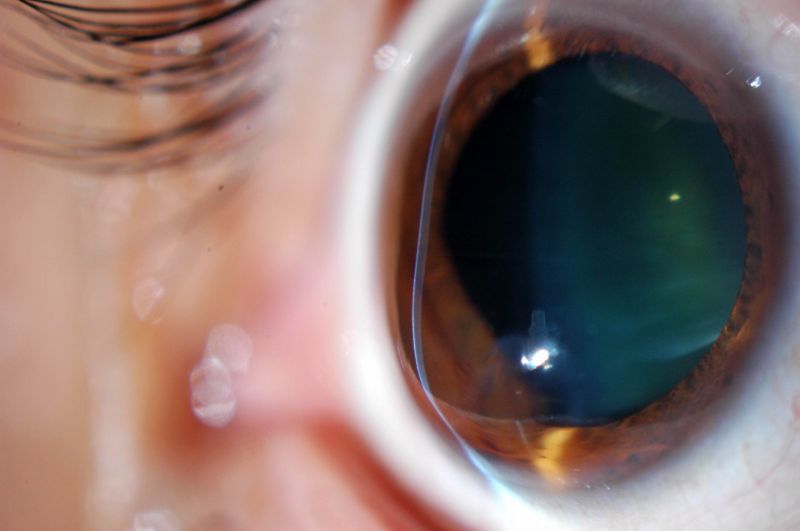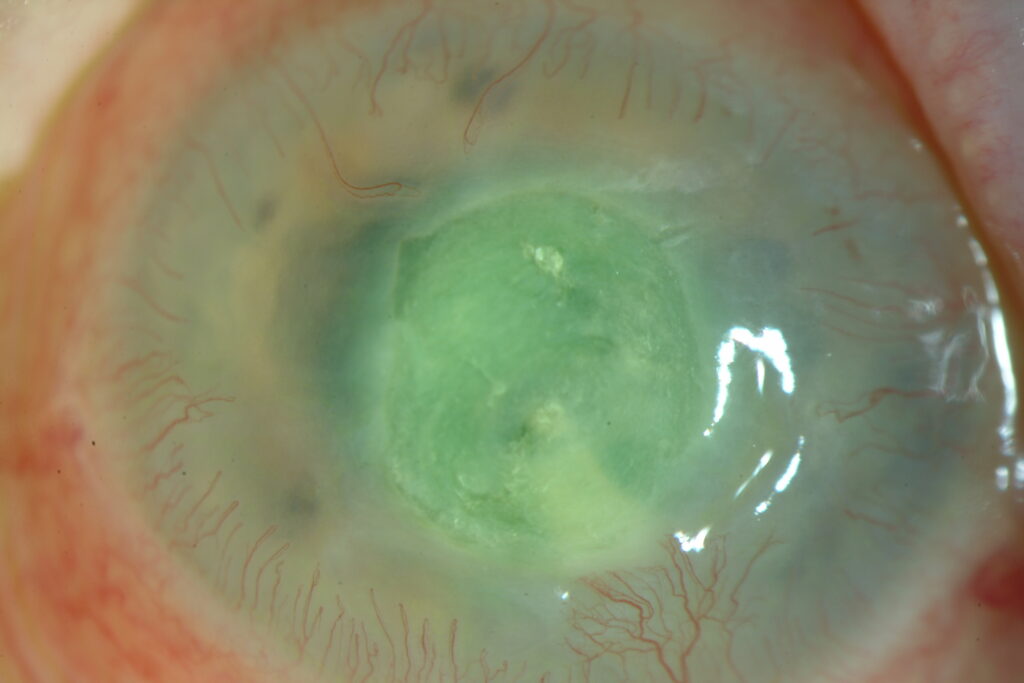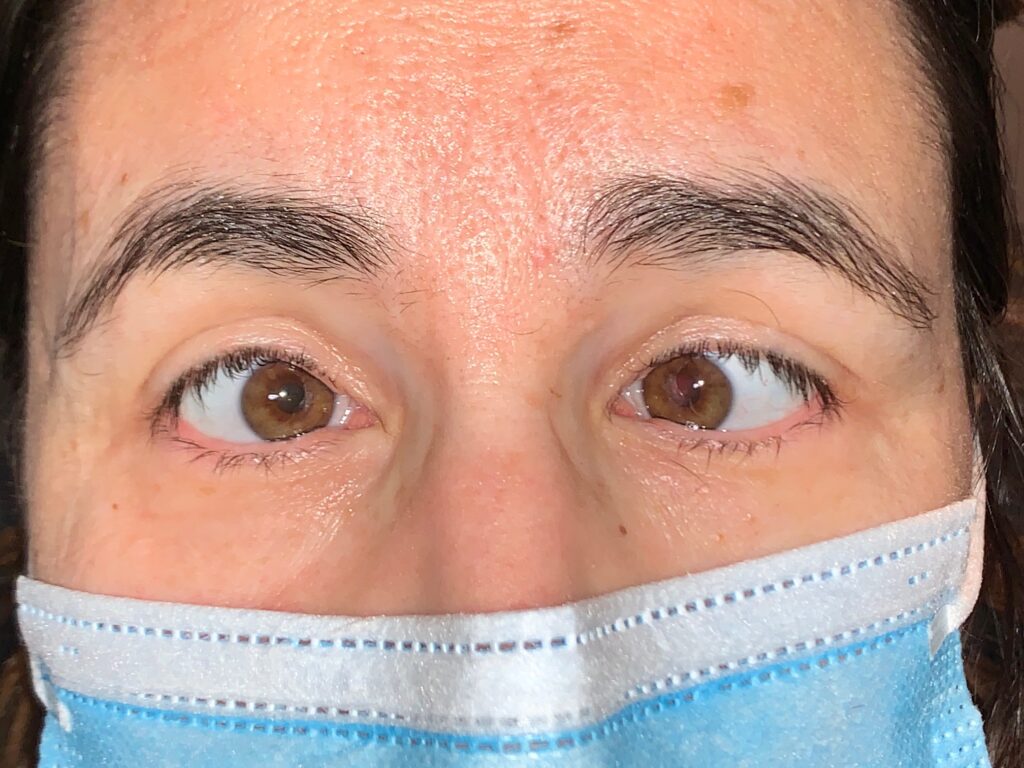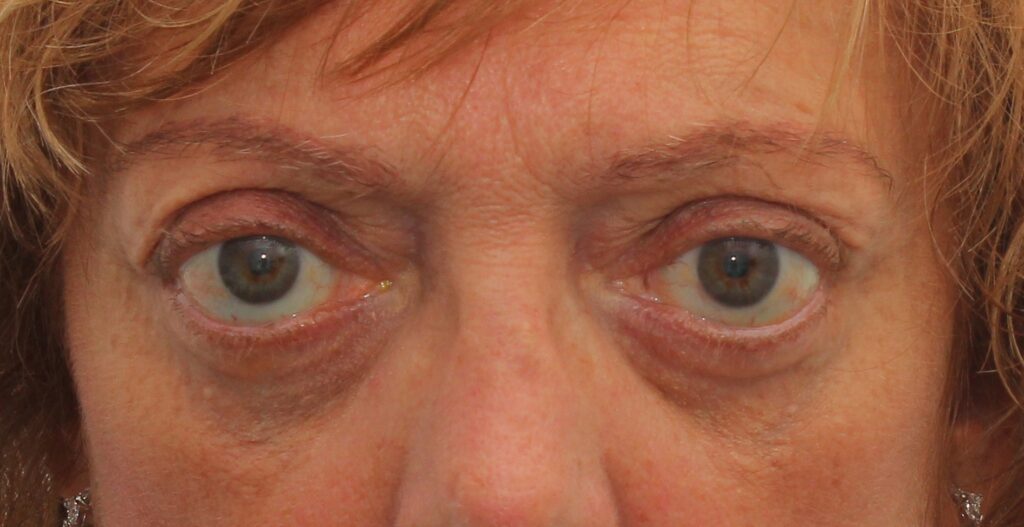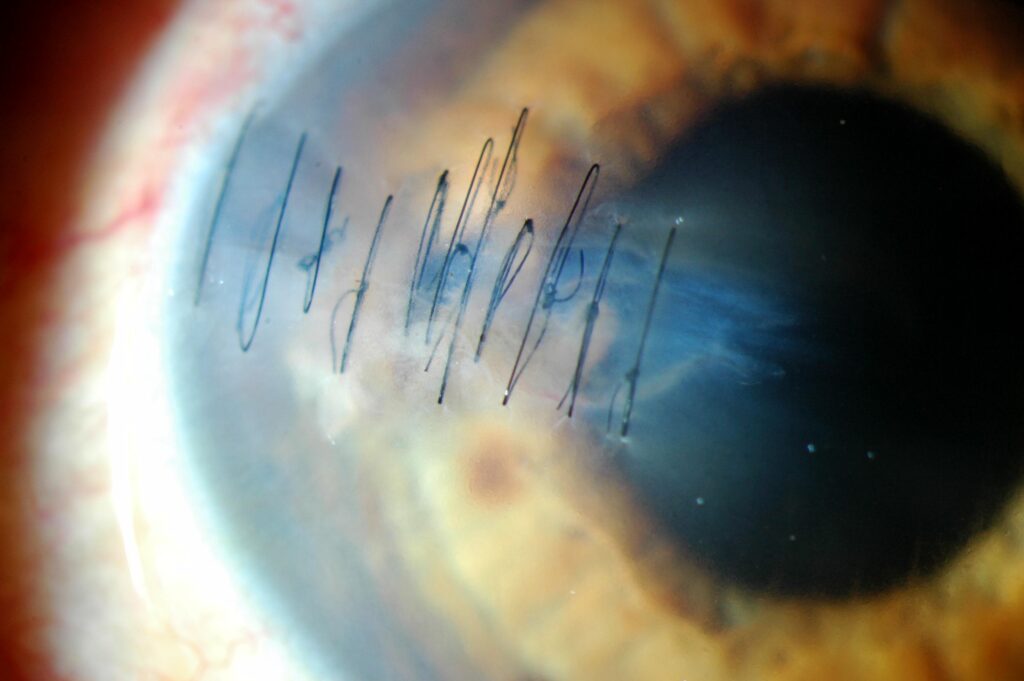Symptoms
Double vision


What is double vision?
Double vision, also called diplopia, is a visual anomaly that occurs when we perceive an image split in two, instead of seeing a single representation. In most cases, it is due to a misalignment of the look axis and usually occurs when both eyes are open (binocular double vision). However, it can also occur when only one eye is open (monocular double vision).
Associated pathologies
To see objects correctly through both eyes, we need to set in motion a highly complex mechanism, in which highly complex ocular and neurological structures are involved: from the lens and the muscles that surround the orbit to the retina, the optic nerve and the brain. Any failure in this framework can be the reason for double vision.
This type of diplopia can also be caused by paralysis of the cranial nerves responsible for moving the eye muscles, diseases that block nerve signals between the eye muscles and nerves (such as myasthenia gravis, botulism, Guillain-Barré syndrome or Graves’ disease) and brain diseases, such as some tumours or stroke
How does double vision affect us?
Double vision can be horizontal, if both images appear side by side. We classify diplopia as vertical, if the images appear one above the other. Finally, if the images we perceive are placed diagonally, we will be facing an oblique double vision.
Likewise, we can also speak of intermittent (it appears and disappears) or continuous double vision.
This problem can be very uncomfortable and disabling for daily life, making activities such as driving or prolonged reading difficult, as well as forcing us to wink or adopt incorrect postures (compensatory torticollis) to avoid seeing double.
What to do if you have double vision?
If you suffer from double vision, even if it is occasional or temporary, you should consult an ophthalmologist, as very severe pathologies can hide behind this symptom.
Based on a complete diagnosis, which may require different complementary studies, our specialists will be able to indicate the appropriate treatment.
Monocular double vision due to refractive errors can be solved by prescribing glasses or contact lenses as required.
Alterations such as keratoconus, most cases of strabismus or cataracts are solved by surgery.
Double vision associated with neurological, thyroid or brain pathologies must be addressed within the set of symptoms of the underlying disease.
Ask for an appointment at Miranza and take care of your eye health.

